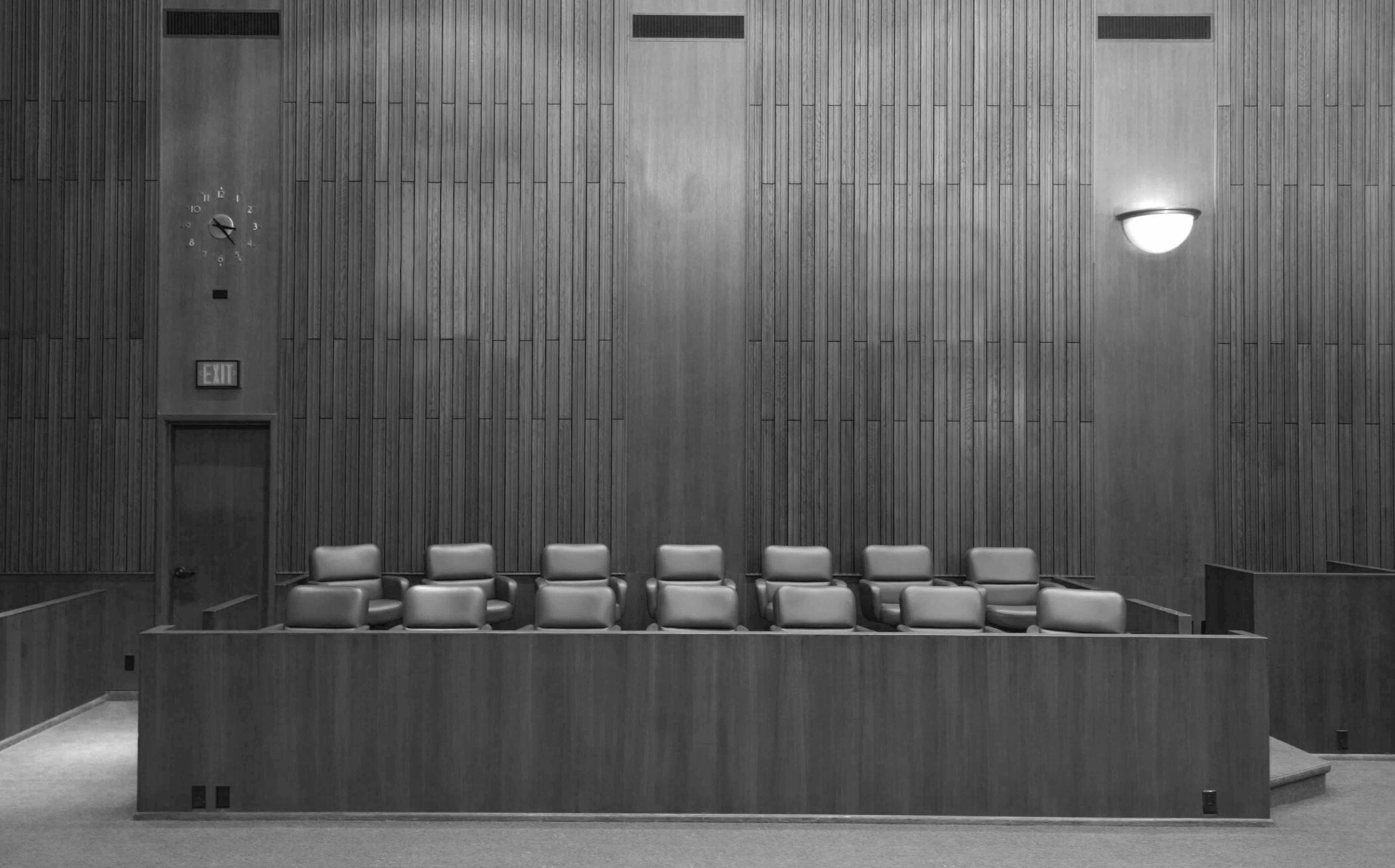

Every juror’s voice is supposed to matter. But up until 2020, not in Oregon. For over 80 years, Oregonians were oppressed by a law pushed by the Ku Klux Klan to silence the voices and opinions of whoever they wanted to on criminal juries. In April 2020, the United States Supreme Court finally acknowledged what was long obvious: this law is rooted in racism and discrimination and was unconstitutional. Yet hundreds are still in prison in Oregon. Thousands who have served their time still are burdened by their unconstitutional conviction. This is not okay. We can change this.
In every other state in the country and in federal courts, a person could only be found guilty if every person on a jury finds that the prosecution has proven guilt beyond a reasonable doubt. A unanimous jury is the cornerstone of American law.
Until 2020, Oregon was the last state in the country to allow a person to be convicted and sent to prison even when up to two people voted “not-guilty.” Allowing a ten-two or eleven-one non-unanimous decision meant that the opinions of two jurors could be completely disregarded and silenced. As intended, the jury could and did convict without them.
The discriminatory purpose of non-unanimous juries was actualized and people of color, mostly Black defendants, were disproportionately silenced as jurors and convicted as defendants by non-unanimous juries. Every single conviction based upon this law is infused not just with racism, but with doubt and uncertainty. This is not only injustice for those wrongfully convicted, but survivors of crime, directly impacted families, and the Oregon justice system.
At this critical moment for racial and social justice, we need our leaders to act now to ensure that all who are seeking relief from the racist stain of non-unanimous jury convictions will have their unconstitutional convictions vacated. The U.S. Supreme Court has underscored this imperative: that Oregon itself can decide whether all those who were harmed by our racist past under this law should be treated equally. The Non-Unanimous Jury Bill would be one huge step in undoing part of Oregon’s racist past. Allowing this racist law, and convictions burdened by uncertainty and doubt, to stand is not only injustice for those wrongfully convicted, but survivors of crime, directly impacted families, and the integrity of the Oregon justice system.










Tacuma Jackson
Convicted by a non-unanimous jury 2001. "I am 46 years old. I was incarcerated since May 21, 2000 until I was recently granted clemency. If I had to describe myself I’d say that I always help others, without looking for something in return.”
Terrence Hayes
Convicted by a non-unanimous jury 2004. "I am 37 right now. I am married and me and my wife have a blended family of 8. Four words that speak to who I am are faithful, focused, community organizer and family man."
Lynn James-Jackson
Mother, grandmother, and wife of Tucuma Jackson. This last summer while Tucuma was still in prison she spoke out at Black Lives Matter rallies about the injustice of non-unanimous juries.
Aliza Kaplan
Law professor and attorney. After the Supreme Court finally struck down non-unanimous jury convictions as unconstitutional in Ramos v. Louisiana, Aliza launched the Ramos Project to assist people whose cases may qualify for a retrial.
Cash Spencer
Former juror on a non-unanimous jury. While Cash voted “not guilty,” her voice was silenced and the man was convicted by a now unconstitutional verdict.
































































